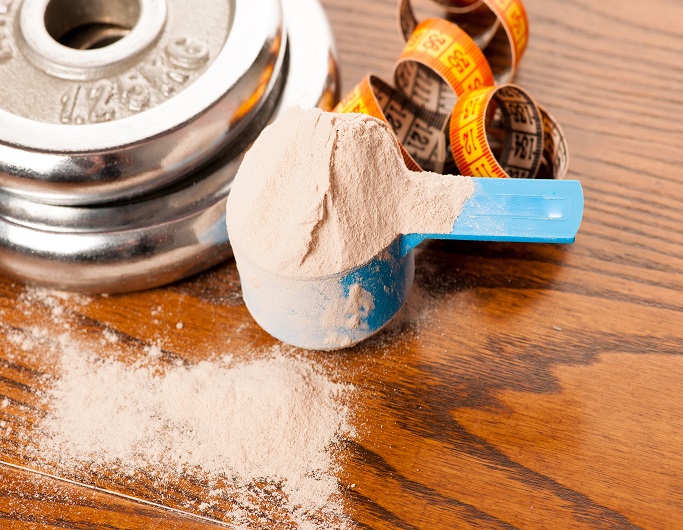
Who Should Take Glutamine
Glutamine plays numerous important roles in the body. The wide variety of benefits associated with glutamine supplementation means that almost everyone can benefit from supplementing with it. Lets dive a little deeper into who should be taking Glutamine and why.
Should I be taking Glutamine?
 My answer to this is yes! Regardless of your training and physique goals, glutamine plays such a variety of benefits that it can be a supplement cupboard staple for many. Glutamine can play a role in supporting muscle growth, achieving fat loss and supporting immune function and muscle recovery. This means it can be beneficial for anyone with these goals and those engaged in regular intense exercise in general.
My answer to this is yes! Regardless of your training and physique goals, glutamine plays such a variety of benefits that it can be a supplement cupboard staple for many. Glutamine can play a role in supporting muscle growth, achieving fat loss and supporting immune function and muscle recovery. This means it can be beneficial for anyone with these goals and those engaged in regular intense exercise in general.
Glutamine & Muscle Mass
Glutamine is traditionally used by strength athletes wanting to increase muscle mass because of the role it plays in cell volumisation and in the creation of a positive environment in the body to build quality muscle mass. It has also, following impressive studies, been advocated by experts for use by athletes during periods of intense training because of its ability to support the immune system, prevent over training and enhance recovery.
Glutamine & Fat Loss
Glutamine has also been found to be an excellent supplement for those looking to lower their body fat percentage and keep muscle mass at the same time. This is because not only does glutamine help to regulate blood sugar levels and therefore help you when dieting, but also it can help promote muscle development and prevent muscle breakdown. This is the main reason most bodybuilders will supplement their diets with glutamine when ‘cutting’ for a competition, since it enables them to reach very low body fat levels whilst at the same time maintaining the muscle mass they’ve built ‘off season’.
Medical Uses of Glutamine
Glutamine is used by the white blood cells and adds to normal immune system function. Individuals with muscle wasting (muscle atrophy) and immune-system related illnesses (such as cancer or AIDS) who may not be able to get enough from their diet alone, may benefit from glutamine supplements taken along with other amino acids. Some of the food sources that are rich with glutamine are dairy products such as; Milk, cottage cheese, yogurt and soy. Meat products such as; poultry, pork and beef and vegtables such as cabbage, parsley and spinach.
Becoming ill or losing lean muscle mass are possible signs of glutamine deficiency. Although glutamine is considered safe to use, there is some concern the use of glutamine supplements in combination with other certain medications. Some of the medications include chemotherapy drugs and anti-seizure medications, and these may cause some harmful personal effects.






No Comments yet!